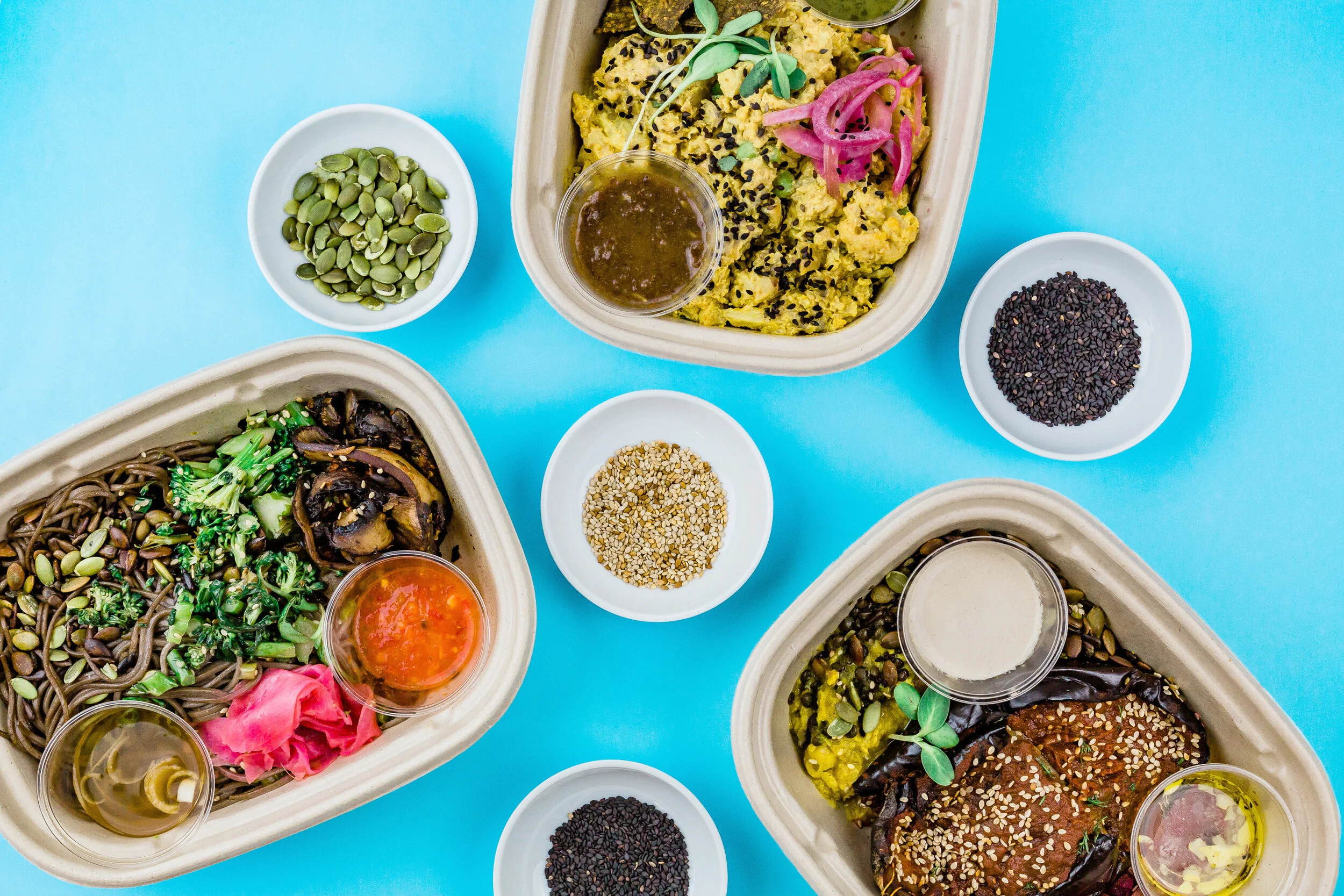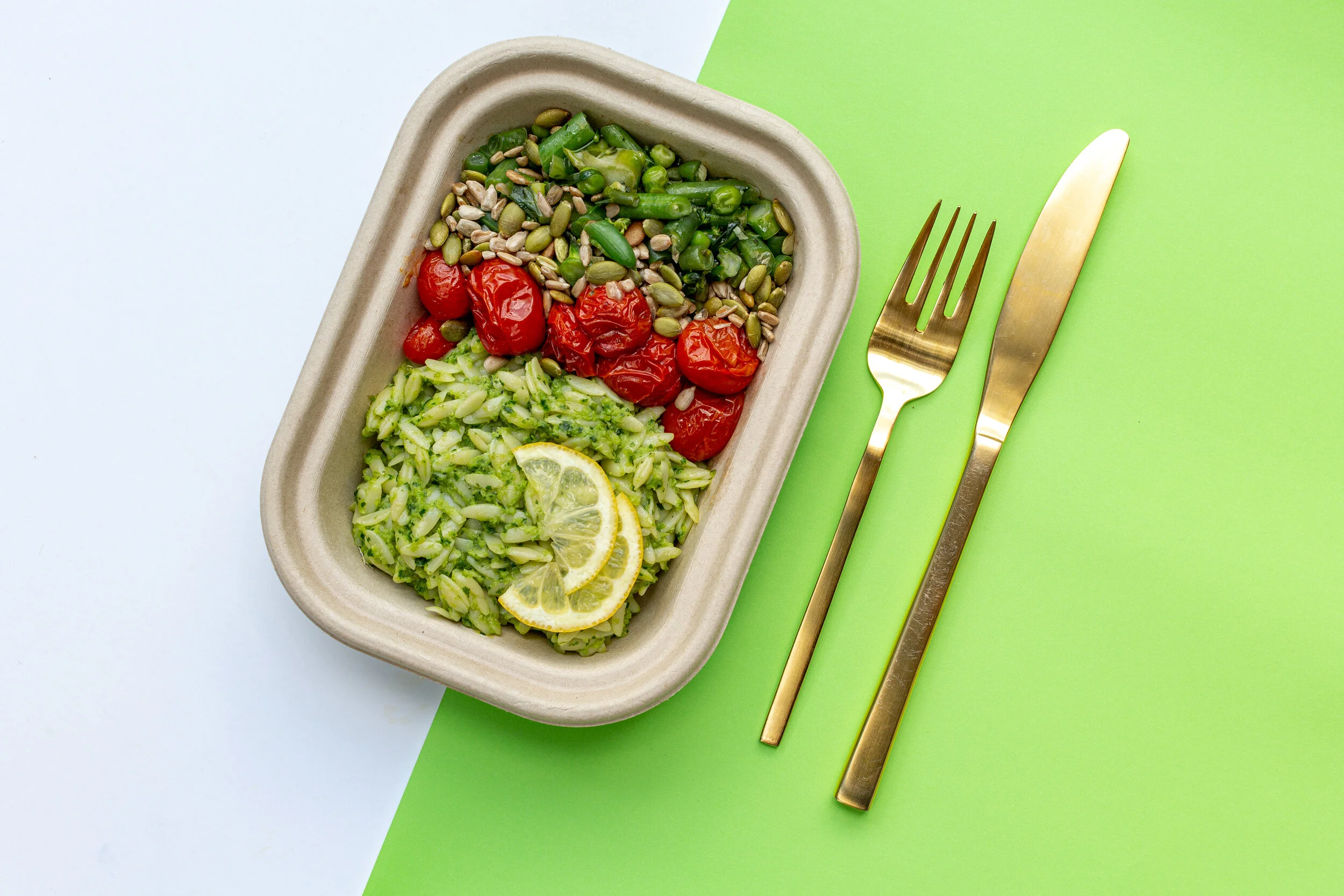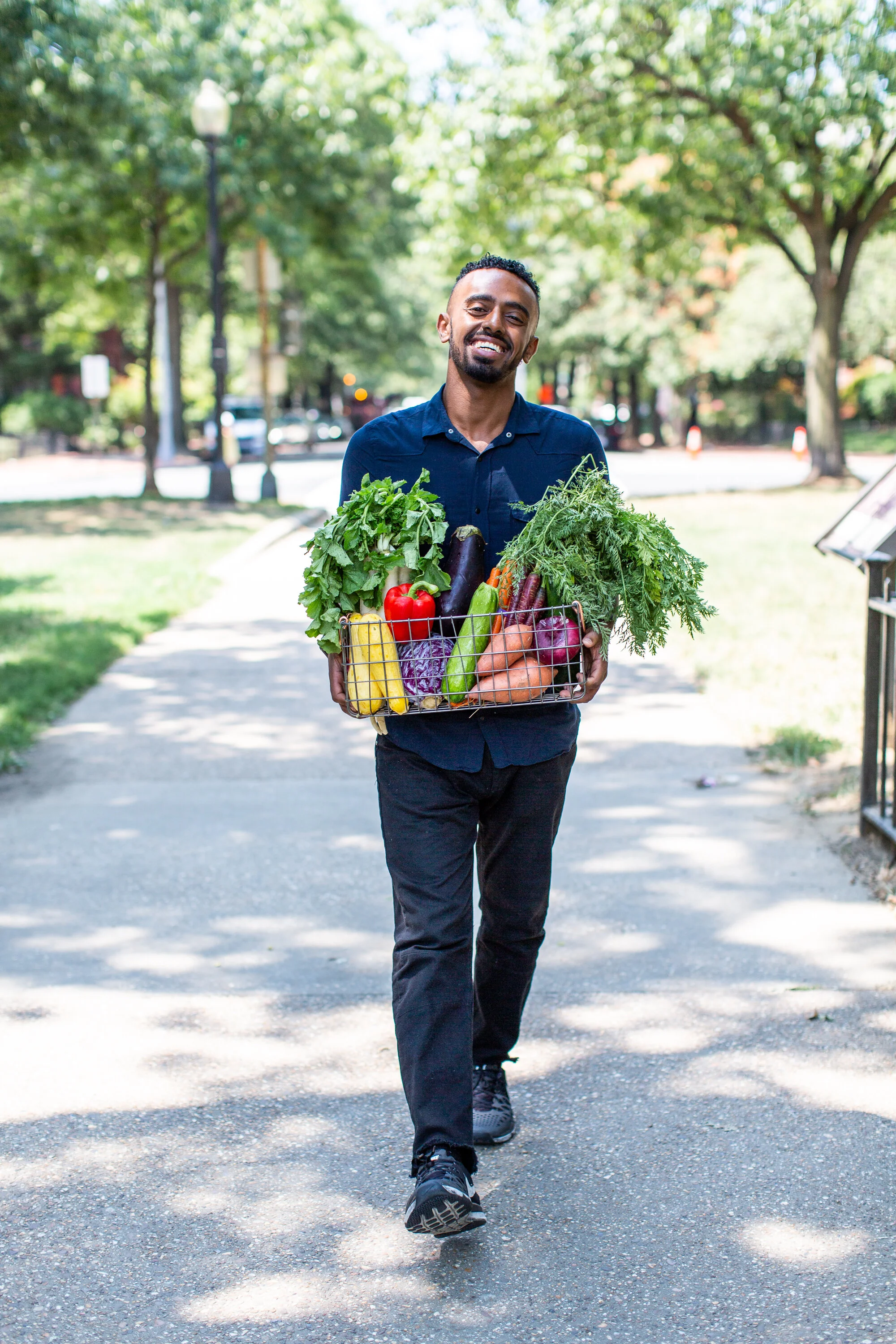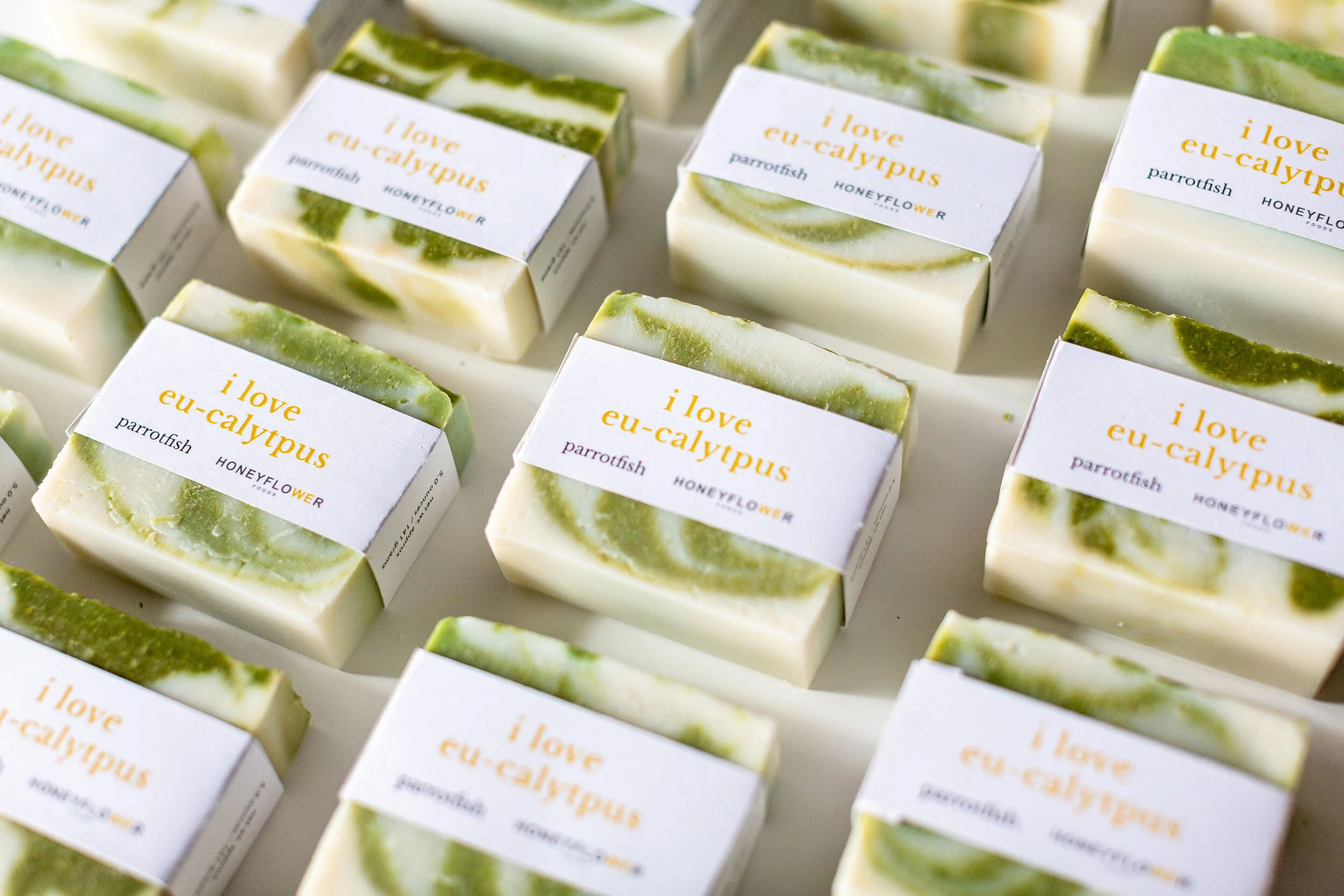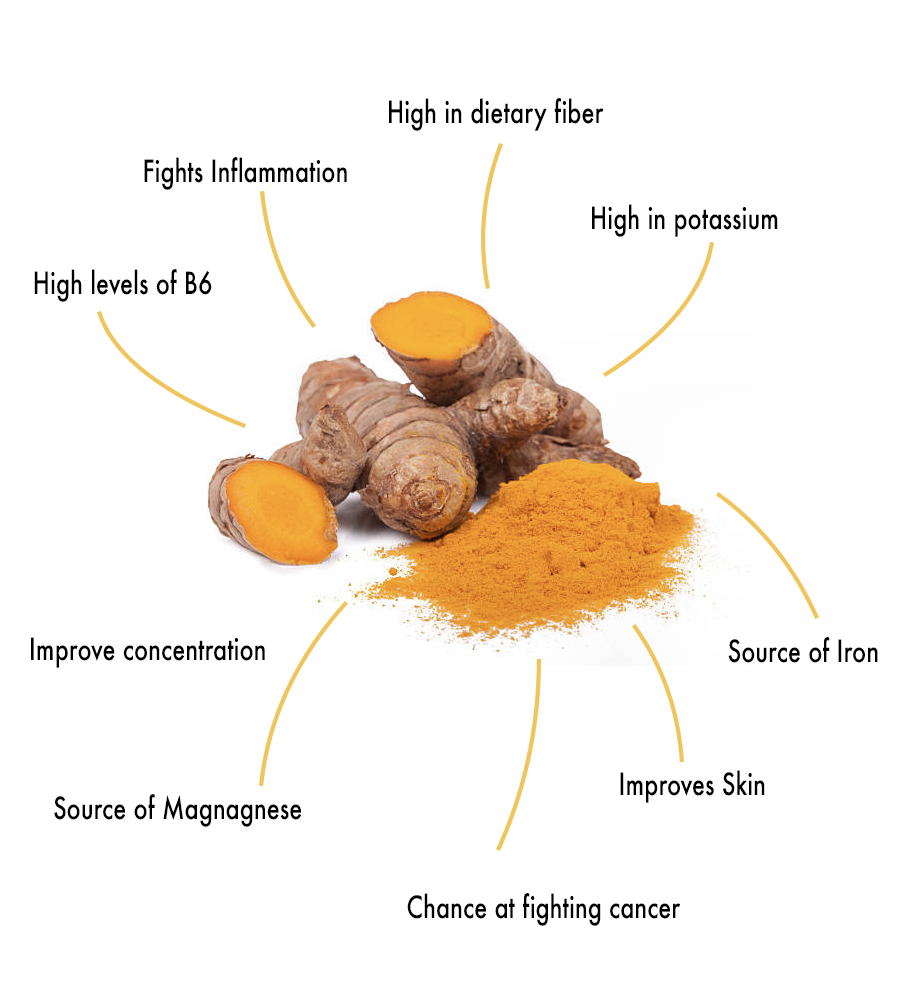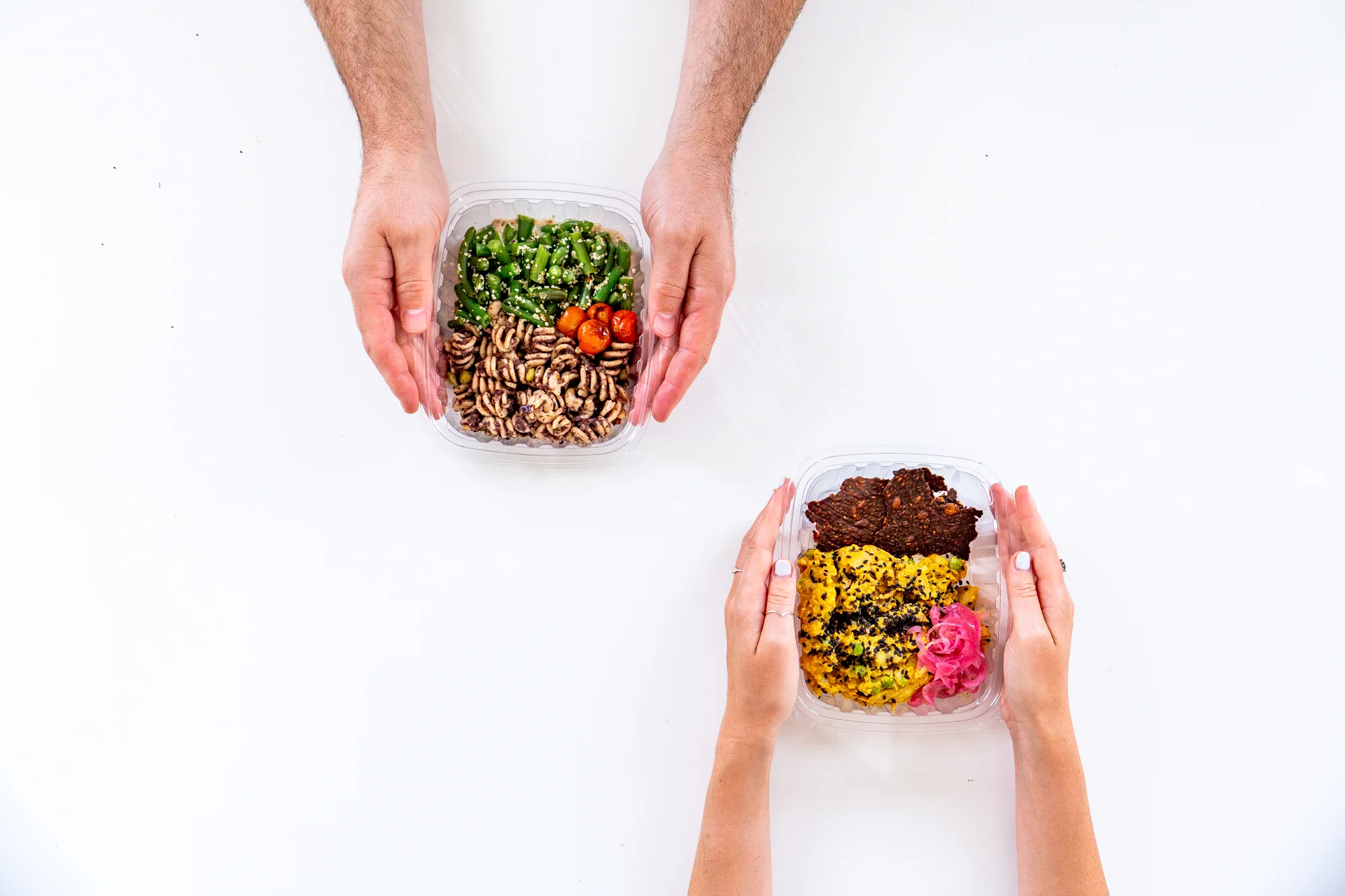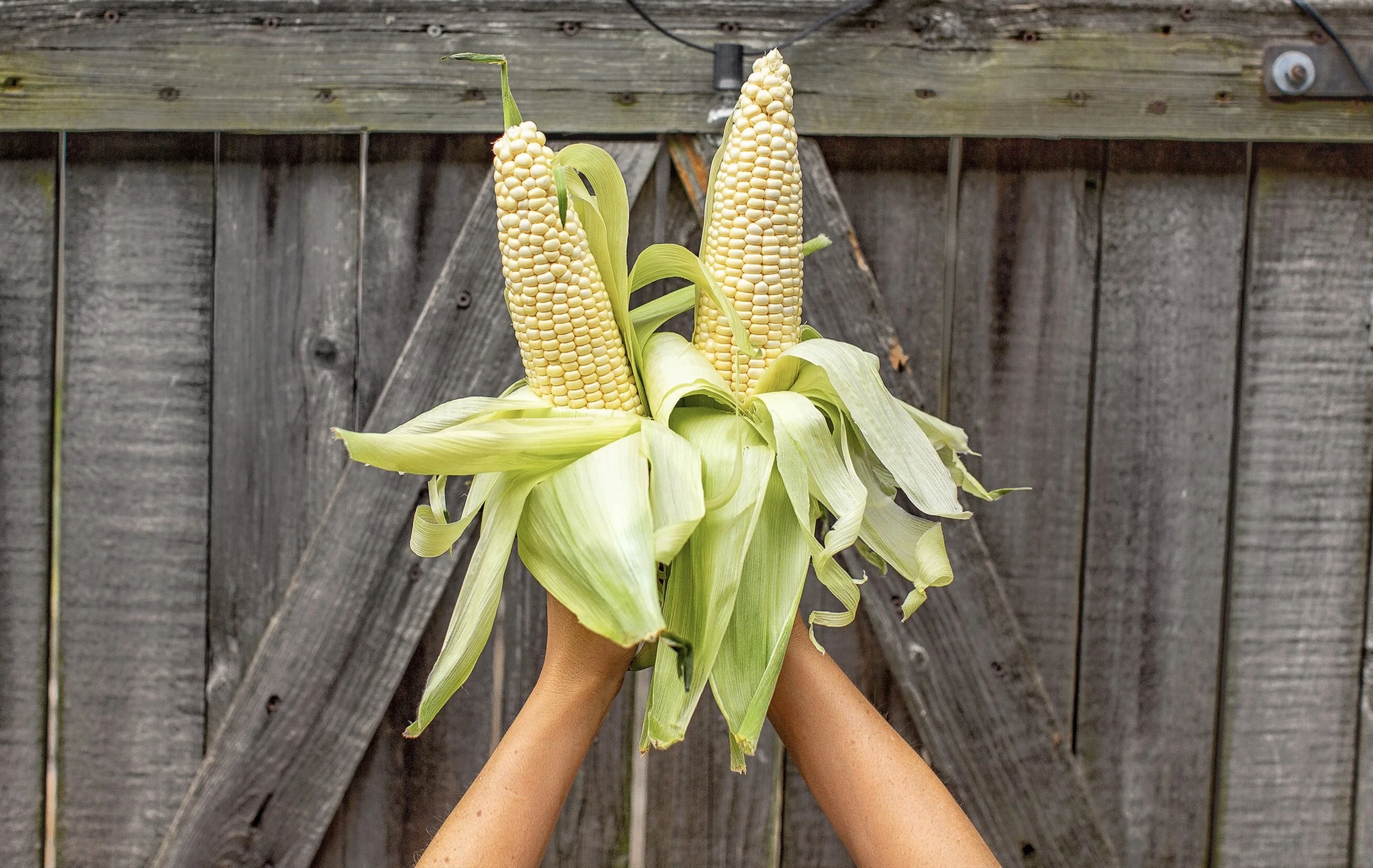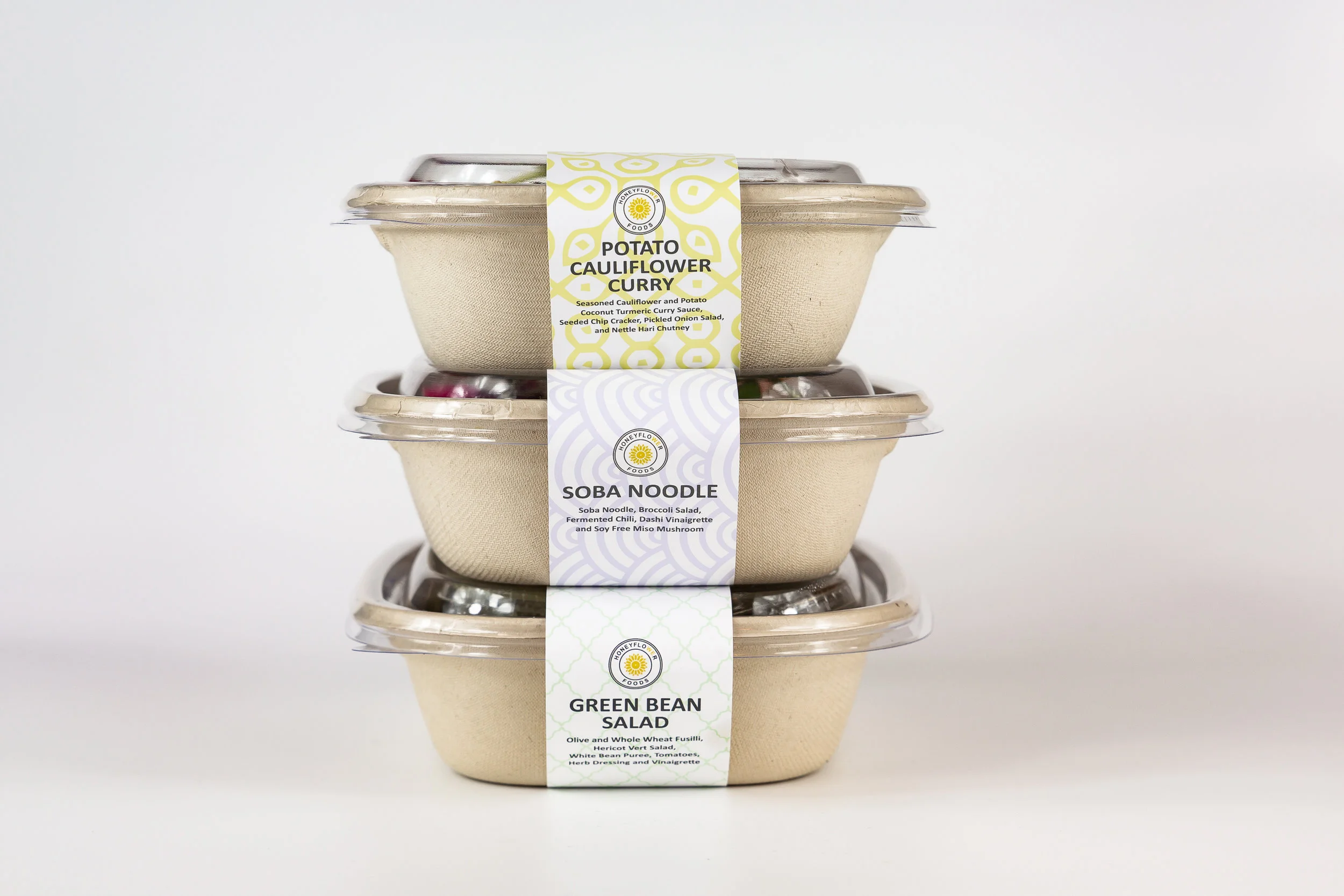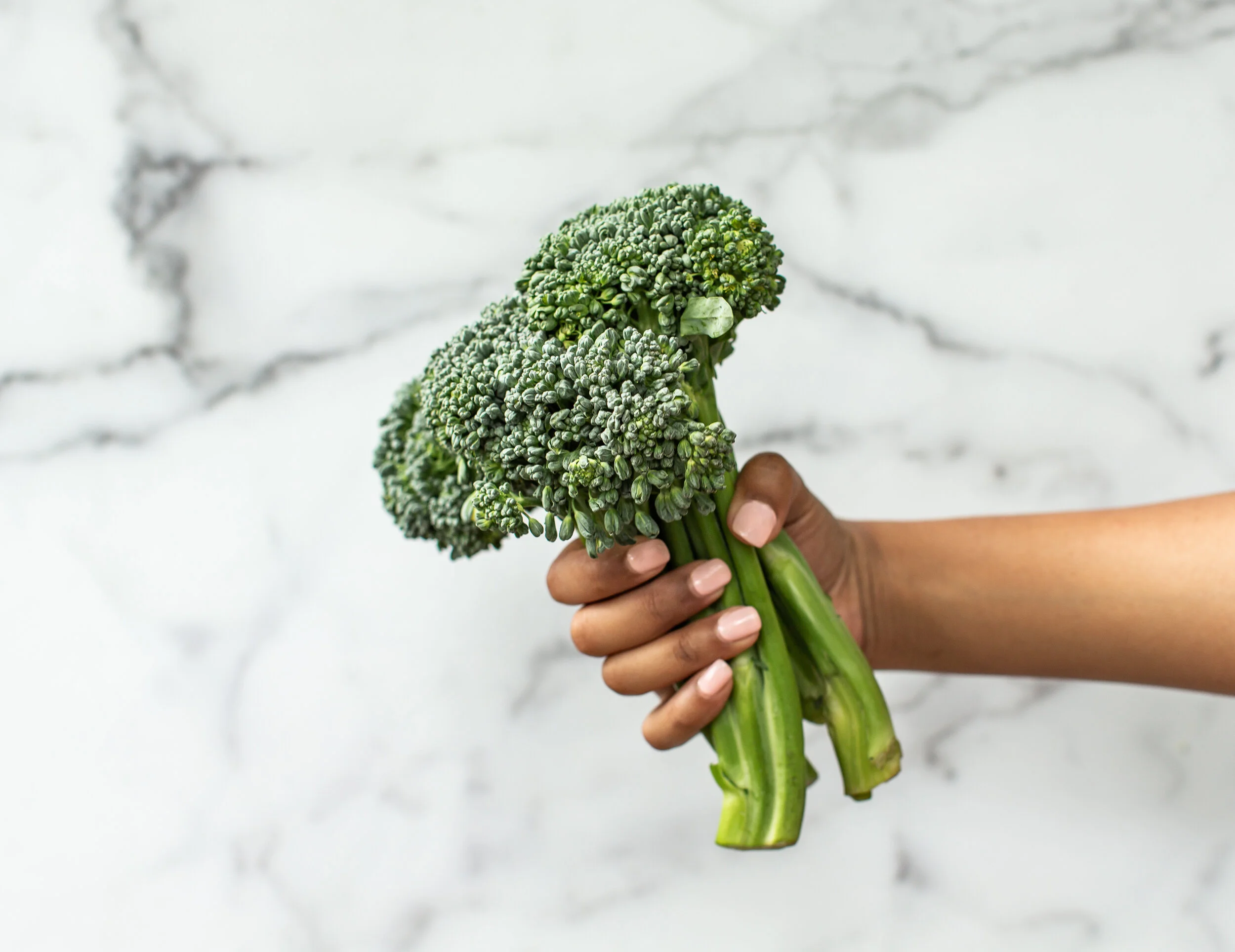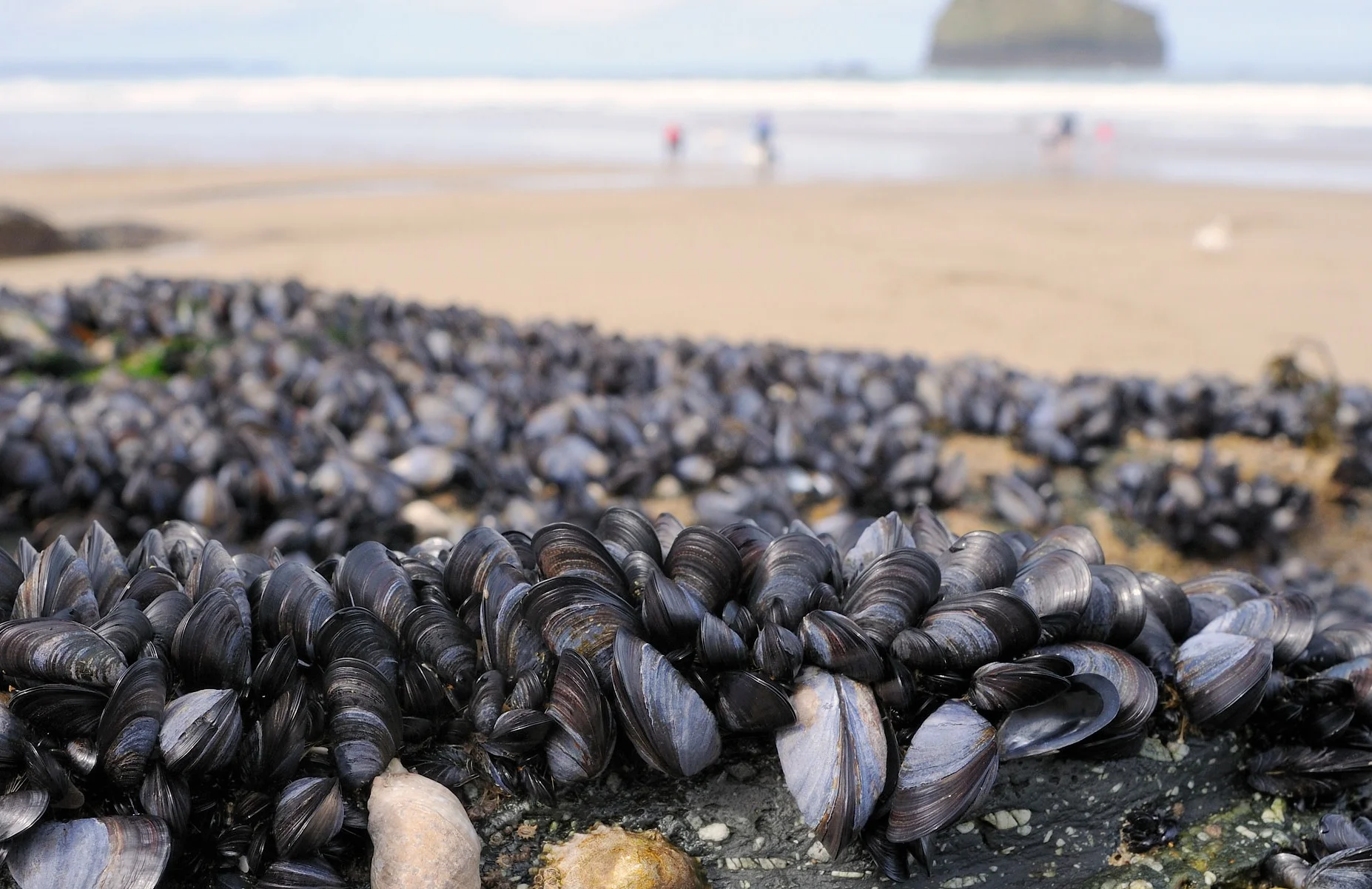What’s not to love about ginger? It’s aromatic, fragrant, and potent. Ginger is a quintessential culinary extravert -- it makes an impression on every dish it’s in. It’s been around since ancient times, - and - people have been reaping its benefits for centuries.
Read MoreNot all carbs are bad! In fact, some of them are great for your health -- it’s just a matter of knowing which ones to nosh and which ones to nix.
Read MoreWith a new year comes an opportunity for a fresh start. When it comes to being more sustainable, instead of totally revamping yourself, maybe try several smaller changes, that are easier to keep up, and ultimately help you build more momentum in the long run.
Read MoreHow can we be mindful of the planet while still spreading holiday cheer? It’s easier than you think! We put together a list of simple things you can do to keep your Chrismahanukwanzakah celebrations sustainable.
Read MoreWe have partnered with Parrotfish to create an awesome, sustainable and all natural soap bar!
Read MoreAn Ode to Tasty Turmeric. It can’t get any more super-foodie :) and we are so glad it is all the rage.
Read MoreGlass is 100% recyclable. It can be recycled endlessly without loss of quality. Even better, it’s reusable. At HoneyFlower Foods, we use sustainable packaging for ALL of our meals. We definitely think glass is the MVP (Most Valuable Packaging) and we’re glad to do our part to reduce waste and take care of the environment!
Read MoreAccess to healthy food as a basic human right is an ongoing problem for all, especially those experiencing homelessness and those in low-income areas. We’re proud to serve food high in nutritional value, and donate our uneaten meals to homeless shelters and non-profits.
Read MoreHemp is back baby! Not only is hemp good for our bodies, but it's eco-friendliness makes it good for the planet too! It's easy to grow and harvest, but the best part... hemp can be used in so many ways. Making it yet another scalably sustainable ingredient :)
Read MoreSeaweed is an all-star sustainable superfood that we love! It is good for our planet, good for your health, and super good for the future!
Read MoreDuring Plastic Free July we wanted to share a bit more on why we use compostable corn-based packaging and discuss the challenges we face in using corn today.
Read MoreThought we’d give a shout out to the almighty Sunflower. Again :) And this time to share the epicness that is the Sunflower Seed.
Read MoreMore than 300 million tons of plastic are produced every year! We work towards zero waste when we make our food, and we think carefully about it when we package it.
Read MoreWe understand the importance of healthy, sustainable ingredients, that's why we include Brassicas in our meals.
Read MoreForget Silicon Valley. Something big is happening in LA. The Catalina Sea Ranch is revolutionizing sustainable aquaculture. It is dedicated to growing mussels (though it’s investigating other crops) in an unobtrusive, cost efficient, and productive way. In aquaculture, a field traditionally ridden with complications, this is a huge deal.
Read MoreIn our current food system, fish eat chicken. That’s right - many industrial fish farms use ground up chicken remains, like feathers and bones, to form the base of fish pellets, while the rest is made from low quality corn and soy. This isn’t cool, and it makes the cliché “tastes like chicken,” a bit sickening.
Read MoreForget avocados and coconut oil. This superfood can detoxify, lower blood pressure, calm inflammations in the body, is high in iron and vitamin C – and it could be the base of your next no-guilt libation. Stinging, or common, nettle, as intimidating as its name might sound, is undoubtedly more friend than foe. What makes it really unique, apart from its qualities as a nutritional powerhouse, is its potential to make mass agriculture more sustainable.
Read MoreRustic, hand-hewn farmhouse tables. Copper-bottomed pots and cloves of garlic hanging alongside expertly-dimmed lights. It’s a $32 entrée type of place in the chic part of town. Oh, and it’s billing itself as “farm-to-table.” Of course, it is.
Read More
